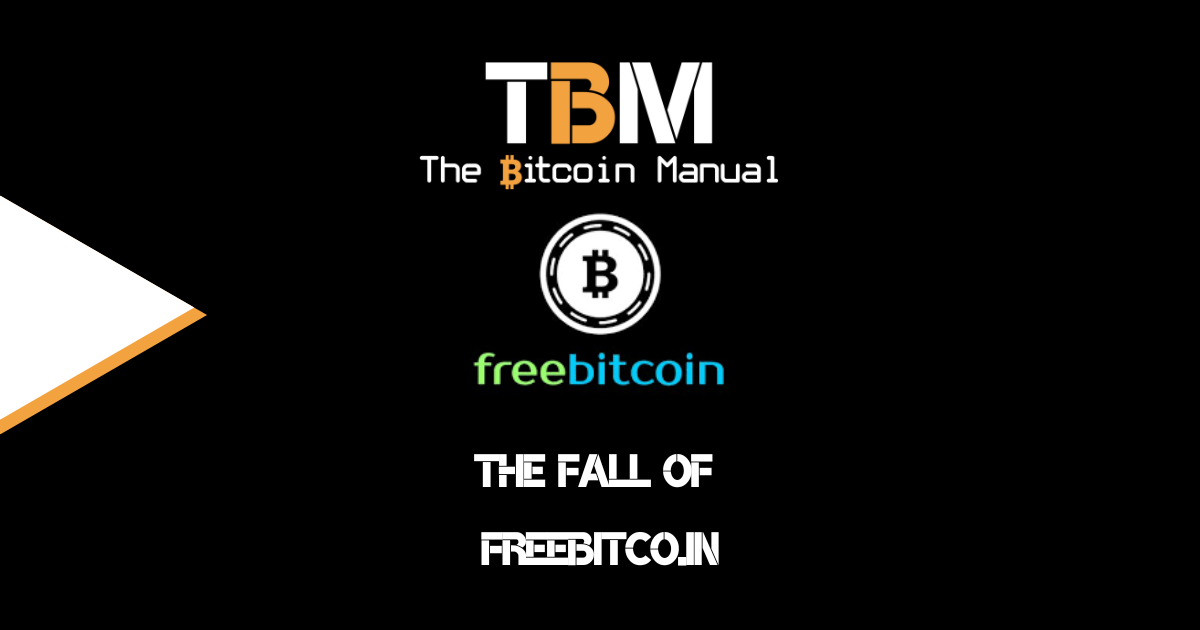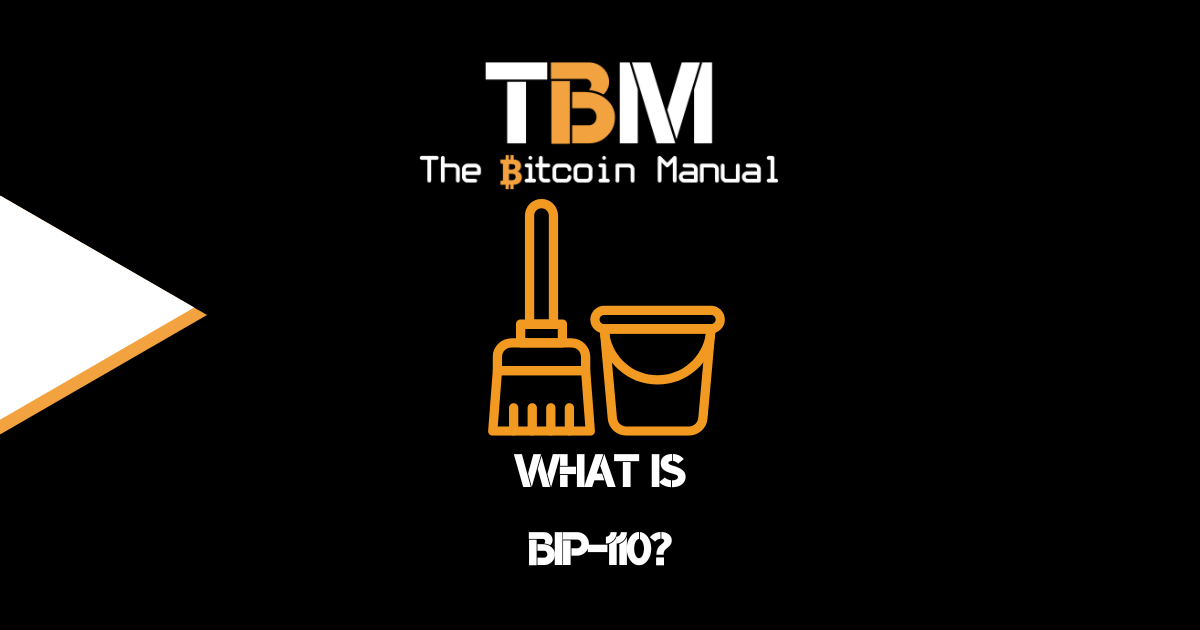The world economy has been hit hard by the decisions of the past two years, and each country is in a different phase of declining recovery. We can all admit that this has to be the worst downturn since 2008, and the effects are still working their way through the pipeline. People have lost jobs and businesses, so their access to an income is limited or non-existent.
Others have had to eat into their savings or go into debt to keep their daily lives afloat. Some are relying on government assistance to meet their living obligations, and for many of us, the situation looks bleak.
I am under no illusion that I am fortunate; I still have an income and savings, but when I look at how inflation keeps rising each month. I am not sure how long I could absorb the costs to maintain a standard of living where I am employable.
To be employable in today’s world, you need an education, access to shelter, water, clothing, energy and, in many cases, the internet. If you have no resources or savings to access them, it is harder to find income opportunities.
More of us are falling below the poverty line.
We all want to live a dignified life where we can shelter, clothe and feed ourselves as well as our loved ones, a task that becomes harder each year. Increased hardship for citizens is true for developing nations and developed nations. We see poverty is on the rise.
The way the fiat game is played forces people to keep running faster to maintain their lifestyles, and if you slow down for a second, you fall behind. As inflation rises, it begins to outpace your income and pulls you into poverty.
It’s no surprise that countries with the worst poverty are often countries with the worst currency inflation.
What are human rights?
Human rights are the fundamental rights and freedoms that belong to every person in the world, from birth until death. They apply regardless of where you are from, what you believe or how you choose to live your life.
They can never be taken away, although they can sometimes be restricted – for example, if a person breaks the law by transgressing on another’s human rights.
Human rights are based on shared values like dignity, fairness, equality, respect and independence.
They protect you in many areas of your day-to-day life, including:
- your right to have and express your own opinions
- your right to an education
- your right to a private and family life
- your right not to be mistreated or wrongly punished by the state
These values are defined and protected by law, but who enforces these laws? Who keeps the law enforcers in cheque? What good is having one right if all rights are only granted to us on our ability to accumulate resources?
If I have a right to education, but I cannot afford it, what good are these rights? You cannot have freedom and rights without economic freedom and enforceable property rights.
If we have a look at some of the attributes that make up a human right, you can quickly see that fiat fails the test, but Bitcoin does with flying colours.
Universality and inalienability.
Human rights are supposed to be universal and inalienable. All people everywhere in the world are entitled to them. No one can voluntarily give them up. Nor can others take them away from them.
If this is the case, why do some of us have access to currencies with better purchasing power than others? Why are we restricted from using another currency that offers us the same deals as people in other parts of the world?
Fiat currency does not seem universal, in my opinion, but Bitcoin does.
If financial resources are meant to be inalienable, why can they be taken from me through tax and inflation? This seems like an attack on my human rights. My money is an extension of me, as it is a reward for my time and production.
Anything done to my money is done to me, and therefore fiat currency does not maintain my rights to be inalienable, but Bitcoin does.
Indivisibility.
Human rights are indivisible. Whether civil, political, economic, social or cultural in nature, they are all inherent to the dignity of every human person. There is no hierarchy of human rights. Yet, in fiat currency, depending on the amount of capital I have, I get better access to financial services.
My money is not as good as someone else money. In addition, I would be forced to pay higher interest rates because I do not have assets or a credit record.
The fiat money system provides specialised rules and exceptions for some over others and breaks the ranks of indivisibility of all holders. A property that Bitcoin does not break, regardless of owning one BTC or one satoshi, the rules remain the same for all of us.
Inter-dependence and inter-relatedness.
The realisation of one right often depends, wholly or in part, upon the realisation of others. For instance, the realisation of the right to health may depend on the realisation of the right to education or of the right to information.
As I mentioned earlier, if you don’t have access to a stable currency or a currency you can save with some confidence into the future, it limits your access to other human rights.
Fiat money reduces your access to other human rights, whereas Bitcoin allows you the optionality to recognise and apply your human rights to better your situation.
Equality and non-discrimination.
All individuals are equal as human beings and by virtue of the inherent dignity of each human person. All human beings are entitled to their human rights without discrimination of any kind, such as race, colour, sex, ethnicity, age, language, religion, political or another opinion, national or social origin, disability, property, birth or another status as explained by the human rights treaty bodies.
This is not true for fiat money; different countries have different currencies, all putting different rules on different people. Depending on the generation you were born into, you may have lived under lower inflation and could acquire assets or move to a lower inflation currency or country.
Fiat money discriminates regarding where you were born, what you do, your political or business connections or lack thereof, as well as your proximity to different special interest groups.
Fiat money, because it’s created by governments, falls prey to bias and nepotism.
Bitcoin, however, is apolitical money, you can only acquire it through proof of work, and you cannot change the outcome regardless of your connections or background.
Participation and inclusion.
Every person and all peoples are entitled to active, free and meaningful participation in, contribution to, and enjoyment of civil, political, economic, social and cultural development, through which human rights and fundamental freedoms can be realised.
In fiat, a vast majority of the world goes unbanked, and an even larger majority are excluded from financial markets due to complexity theatre, which encourages financial exclusion.
Bitcoin is an open-source protocol that allows anyone to participate. You can become a miner. You can run a node. You can be a user by downloading a wallet. No part of Bitcoin is ever restricted from anyone, and all are welcome to join the network voluntarily in the method they prefer.
Accountability and the rule of law
States and other duty-bearers must comply with the legal norms and standards enshrined in human rights instruments. Where they fail to do so, aggrieved rights-holders are entitled to institute proceedings for appropriate redress before a competent court or another adjudicator, in accordance with the rules and procedures provided by law.
However, governments have carte blanche over their currencies. They can inject and remove units as they please to fit their intentions. If they make bad bets, the losses are socialised among tax-paying citizens and currency holders.
They can never be held accountable for their actions, and because they make the laws, why would they apply it to their behaviour? There is always a justification for more tax and more currency inflation, they will always find a way to steal from you.
In Bitcoin, code is law, and the rules are enforced by every node running. There are no special interest groups that can change the laws or reorg the blocks. If you make a poor decision in Bitcoin, you have to live with the consequences.
Fiat infringes on human rights; Bitcoin supports human rights.
Fiat money does not seem like a net benefit to society but only those who want to maintain the status quo. It is a parasitic system that consolidates wealth and marginalises others through no fault of their own. It does not even gel with what we would consider human rights, so why would we want to hold, save, trade and run our lives on a system that doesn’t have our best interests backed into the system.
Bitcoin not only gives you back your right to self custody and ownership of your property, but it gives you back your ability to enforce your human rights.
Rights without resources are not rights; Bitcoin fixes this.





2 Responses
Great article ✅
thanks Aimee, we appreciate you taking the time to give it a read